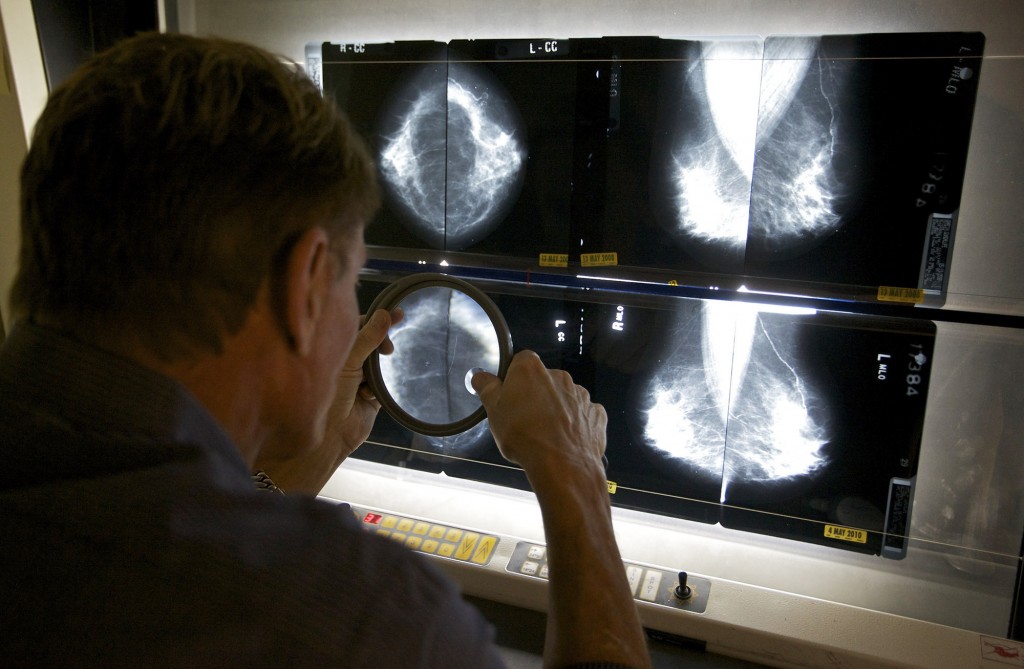
A new study seems to suggest that women with a family history of cancer who have also inherited a gene mutation are at higher risk for leukemia after receiving treatment for breast cancer. The study details that although breast cancer treatment targets malignant cells, the drugs can also, of course, affect healthy cells and this, then, increases the risk for a second malignancy; in this case, leukemia.
“The findings justify a long-term, follow-up study of women with and without inherited breast cancer gene mutations who are treated with similar therapy for breast cancer,” explains study leader Dr. Jane Churpek, of the University of Chicago.
Dr. Churpek goes on to say, “This would enable us to understand how these genes impact therapy-related leukemia risk, and whether specific treatments come with higher risks based on a woman’s inherited genetics.”
For this study, researchers observed 88 breast cancer survivors who also developed leukemia related to their treatments to find that many also had a personal and/or family history of cancer. This, of course, suggests a genetic vulnerability to cancer overall. In addition, 20 percent of these women had inherited a gene mutation which further increased their vulnerability to breast cancer.
However, the study is also important because it is not always easy to determine if leukemia in breast cancer survivors is related to treatment or not. As Dr. Judith Karp and Dr. Antonio Wolff—both from Johns Hopkins University School of Medicine in Baltimore—note: “Existing familial cancer registries that are prospectively following breast cancer patients and their families are uniquely positioned to ascertain the true frequency of subsequent leukemias and their associations with the therapies received.”
This study has been published in the Dec 7th issue of the medical journal Cancer.







